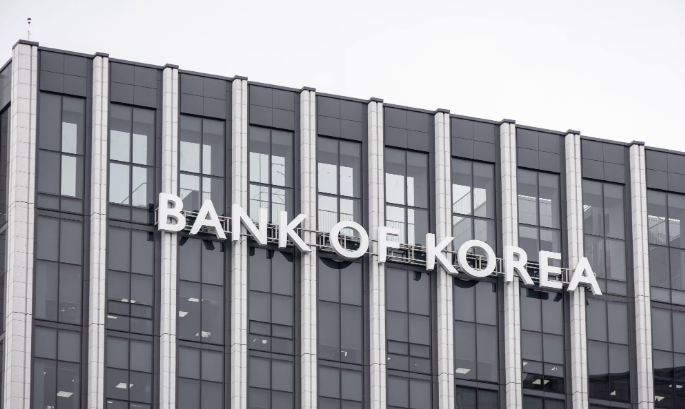In an era where digital currencies are reshaping the financial landscape, the Bank of Korea’s initiative to develop its own deposit tokens stands at the forefront of innovative transformation. As these tokens prepare to integrate with public blockchain networks, such a move holds the potential to redefine not only South Korea’s financial ecosystem but global monetary frameworks as well. This leap into the realm of stablecoins, backed by a central bank, is emblematic of a broader vision where digital and traditional financial systems converge.
Integrating Digital Tokens with Public Blockchain Networks
Enhancing Blockchain Connectivity
The Bank of Korea is ambitiously planning to merge its digital tokens with public blockchain systems. According to Deputy Governor Lee Jong-ryeol, these tokens, which he describes as akin to stablecoins, are supported by the central bank’s digital currency infrastructure. This strategic vision was shared at a ‘Blockchain Leaders Club’ event, highlighting the prospects for banks, businesses, and individuals to utilize state-backed tokens on platforms like Ethereum.
Addressing Stablecoin Outflows and Concerns
Recent reports indicate that stablecoins were responsible for 47% of South Korea’s cryptocurrency outflows in the first quarter, which equates to around 27 trillion won or approximately USD $19.1 billion. The Deputy Governor expressed concerns about the reliance on foreign stablecoins, which could undermine the Korean won’s global standing, jeopardizing monetary authority, and might even facilitate illicit activities like money laundering.
Global Stablecoin Market Dynamics
The stablecoin market is experiencing a significant boom, with its global valuation soaring past $230 billion by March 2025. Recent figures suggest a total market capitalization slightly exceeding $247 billion, reflecting an increase of $3.537 billion over the past week. This rapid growth underscores the proliferation of private stablecoin issuers. Lee articulated the urgency for Korea to act to prevent foreign stablecoins from overshadowing local markets.
Political and Industry Involvement
The recent event saw the participation of major exchanges such as Bithumb, Coinone, and Korbit, alongside regulatory bodies. Their presence signals the crypto industry’s desire for involvement in shaping regulations. Meanwhile, political figures like opposition leader Lee Jae-myung have proposed models for a won-pegged stablecoin, arguing it could mitigate the significant crypto outflow and streamline domestic trading. Lawmakers, including Min Byoung-dug of the Democratic Party, advocate for South Korea to pioneer stablecoin regulation proactively.
Upcoming Developments for the Digital Won
This year, the Bank of Korea plans further testing to ensure the safety of tokens, uphold user privacy, and adhere to anti-money laundering standards. Successful pilots could pave the way for a business pilot by 2026, pioneering a transformative shift in financial transactions within South Korea, and potentially setting an example for other nations.
Frequently Asked Questions
What are the potential benefits of Korea’s central-bank-backed digital tokens?
The introduction of central-bank-backed digital tokens could enhance financial transaction efficiency, increase transparency, and strengthen the stability of digital currency markets by providing a government-backed alternative to private stablecoins.
How might the use of digital tokens impact monetary sovereignty?
The use of government-backed digital tokens may help preserve monetary sovereignty by reducing dependency on foreign currencies and stablecoins, thereby fortifying the national currency’s role in the global market.
What are the regulatory challenges associated with digital tokens on public blockchains?
Integrating digital tokens with public blockchains presents regulatory challenges such as ensuring secure transactions, protecting user privacy, and maintaining compliance with international anti-money laundering protocols.
Why is South Korea prioritizing digital currency development?
South Korea is prioritizing digital currency development to stay competitive in the rapidly evolving cryptocurrency market, ensure financial stability, and position itself as a leader in innovative financial technologies globally.
In an environment where financial innovation is paramount, South Korea’s strategic approach in developing digital tokens exemplifies its commitment to modernizing its financial systems while ensuring robust regulatory frameworks. As this journey unfolds, it promises to set a precedent for how digital currencies can elegantly integrate with traditional financial structures.

